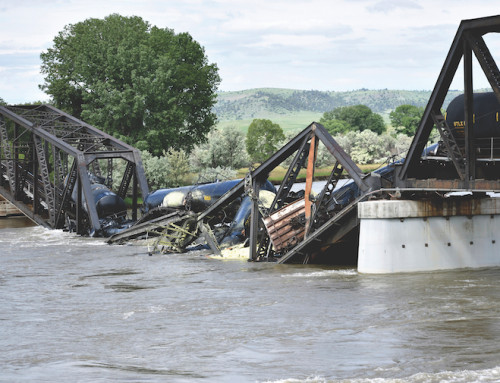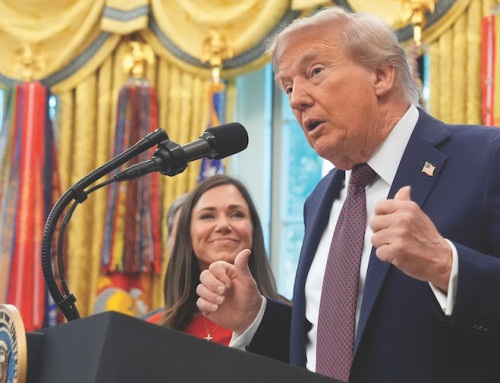Nepal’s crackdown on social media companies, which led to protests and police killing at least 19 people, is part of a yearslong decline of internet freedoms around the world as even democracies seek to curtail online speech.
The Himalayan country’s government said last week it was blocking several social media platforms including Facebook, X and YouTube because the companies failed to comply with a requirement that they register with the government.
The ban was lifted earlier this week a day after the deadly protests.
What’s happening in Nepal mirrors “this broader pattern of controlling the narrative and controlling of stories emerging from the ground,” said Aditya Vashistha, an assistant professor of information science at Cornell University. “This has happened several times in the neighboring countries India, Pakistan, Bangladesh. So this is nothing new — in fact, I would say this is taken from the playbook, which is now very established, of trying to control social media narratives.”
Similar to neighboring countries, Nepal’s government has been asking the companies to appoint a liaison in the country.
Officials are calling for laws to monitor social media and ensure both the users and operators are responsible and accountable for what they share, but the move has been criticized as a tool for censorship and punishing opponents who voice their protests online.
“Governments absolutely have a valid interest in seeking to regulate social media platforms. This is such a daily part of our lives and in our business. And it is certainly reasonable for authorities to sit down and say we want to develop rules for the road,” said Kian Vesteinsson, senior research analyst for technology and democracy at the Washington-based non-profit Freedom House.
“But what we see in Nepal is that wholesale blocks as a means of enforcing a set of rules for social media companies results in wildly disproportionate harms. These measures that were put in place in Nepal (cut) tens of millions of people off from platforms that they used to express themselves, to conduct daily business, to speak with their families, to go to school, to get health-care information.”
Freedom House has found that global internet freedom has declined for the 14th consecutive year in 2024, as governments crack down on dissent and people face arrest for expressing political, social or religious views online.








